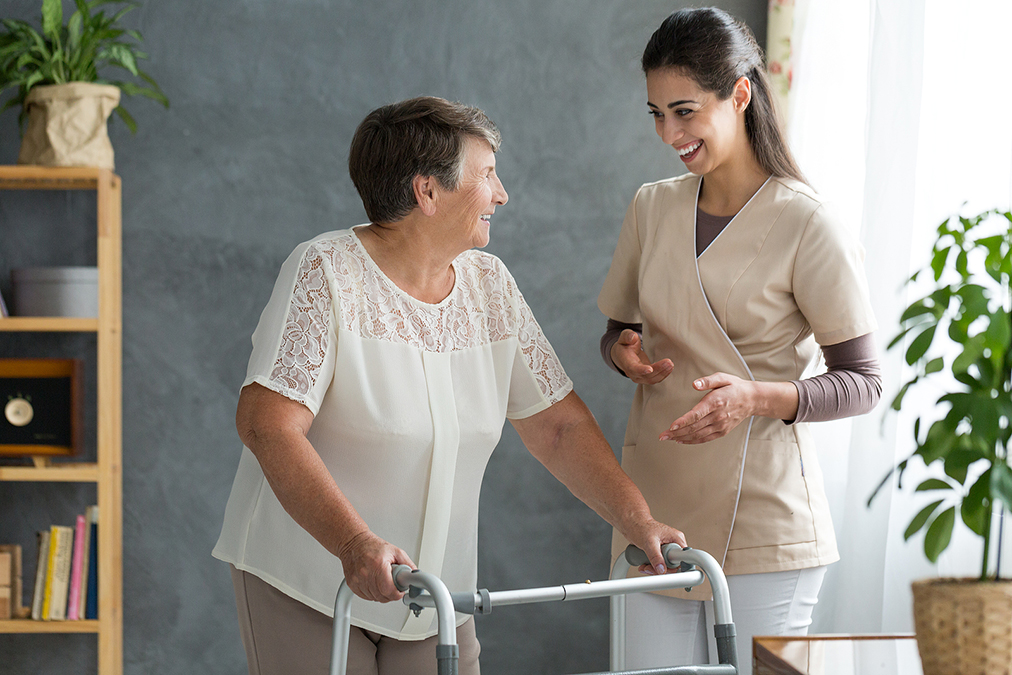 Researchers are constantly looking for better ways to manage the tremors and movement issues that come with Parkinson’s disease.
Researchers are constantly looking for better ways to manage the tremors and movement issues that come with Parkinson’s disease.
Recently, a study published in eClinicalMedicine has shown promising results using a treatment that sounds too disgusting.
But it’s worth it because many patients experienced drastic improvements in motor skills.
Scientists have long known that Parkinson’s disease is more than just a brain disorder; it might also be linked to the gut.
The bacteria in our digestive system do a lot more than just help digest food—they might also have a big influence on our brain health. This new study explores whether changing the bacteria in the gut by introducing healthier bacteria from someone else can help manage Parkinson’s symptoms.
The research was carried out at Ghent University Hospital in Flanders. It included 46 patients with early-stage Parkinson’s. These patients were divided into two groups: One group received stool from healthy donors, while the other group received their own stool back, serving as a comparison group.
The interesting part of the study was that the stool was transferred through a tube that went through the participants’ noses and into their intestines.
The researchers then observed them for 12 months to see whose movements improved and whose symptoms worsened.
This is what they found.
-
1. Patients who received stool from healthy donors showed improvement in their motor skills, which is their ability to control movements.
2. Those who received healthy stool improved an average of 5.8 points on a scale that measures symptoms, while those who received their own stool improved only 2.7 points.
3. The main side effect was temporary stomach discomfort, but nothing the participants could not live with.
This suggests that transferring healthy stool to Parkinson’s patients could improve their movement symptoms. This treatment might help manage the disease by influencing the gut’s health.
It is very likely that this treatment will have to be repeated throughout a patient’s life, but at least we know that it works for 12 months.

 Overcoming IBD
Overcoming IBD Multiple Sclerosis
Multiple Sclerosis Banishing Bronchitis
Banishing Bronchitis Gum Disease Gone
Gum Disease Gone Overcoming Onychomycosis
Overcoming Onychomycosis Neuropathy No More
Neuropathy No More The Prostate Protocol
The Prostate Protocol Brain Booster
Brain Booster
 Ironbound
Ironbound
 Solution for Shingles
Solution for Shingles
 The Bone Density Solution
The Bone Density Solution
 The Ultimate Healing Protocol
The Ultimate Healing Protocol
 The Parkinson's Protocol
The Parkinson's Protocol
 The Chronic Kidney Disease Solution
The Chronic Kidney Disease Solution
 Overthrowing Anxiety
Overthrowing Anxiety The Fatty Liver Solution
The Fatty Liver Solution The Hypothyroidism Solution
The Hypothyroidism Solution
 The End of Gout
The End of Gout The Blood Pressure Program
The Blood Pressure Program
 The Oxigized Cholesterol Strategy
The Oxigized Cholesterol Strategy
 Stop Snoring And Sleep Apnea Program
Stop Snoring And Sleep Apnea Program
 The Arthritis Strategy
The Arthritis Strategy The Vertigo & Dizziness Program
The Vertigo & Dizziness Program The 3-Step Diabetes Strategy
The 3-Step Diabetes Strategy Hemorrhoids Healing Protocol
Hemorrhoids Healing Protocol The Erectile Dysfunction Master
The Erectile Dysfunction Master Weight Loss Breeze
Weight Loss Breeze The IBS Program
The IBS Program The Insomnia Program
The Insomnia Program The Migraine and Headache Program
The Migraine and Headache Program The Neck Pain Solution
The Neck Pain Solution The Menopause Solution
The Menopause Solution The Ejaculation Master
The Ejaculation Master The TMJ Solution
The TMJ Solution The Acid Reflux Solution
The Acid Reflux Solution The Fibromyalgia Solution
The Fibromyalgia Solution The Psoriasis Strategy
The Psoriasis Strategy